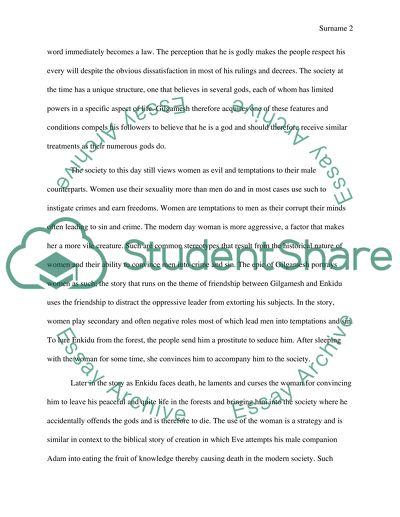Cite this document
(“Use of stereotypical characters and relevance for today Essay”, n.d.)
Retrieved from https://studentshare.org/literature/1475765-1-choose-any-two-works-of-literature-from-any-period-and-genre-you-have-read-this-year-and-assess-their-use-of-stereotypical-c
Retrieved from https://studentshare.org/literature/1475765-1-choose-any-two-works-of-literature-from-any-period-and-genre-you-have-read-this-year-and-assess-their-use-of-stereotypical-c
(Use of Stereotypical Characters and Relevance for Today Essay)
https://studentshare.org/literature/1475765-1-choose-any-two-works-of-literature-from-any-period-and-genre-you-have-read-this-year-and-assess-their-use-of-stereotypical-c.
https://studentshare.org/literature/1475765-1-choose-any-two-works-of-literature-from-any-period-and-genre-you-have-read-this-year-and-assess-their-use-of-stereotypical-c.
“Use of Stereotypical Characters and Relevance for Today Essay”, n.d. https://studentshare.org/literature/1475765-1-choose-any-two-works-of-literature-from-any-period-and-genre-you-have-read-this-year-and-assess-their-use-of-stereotypical-c.


